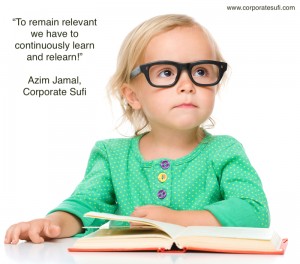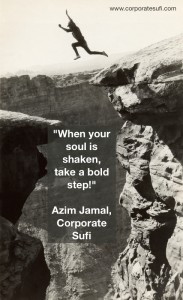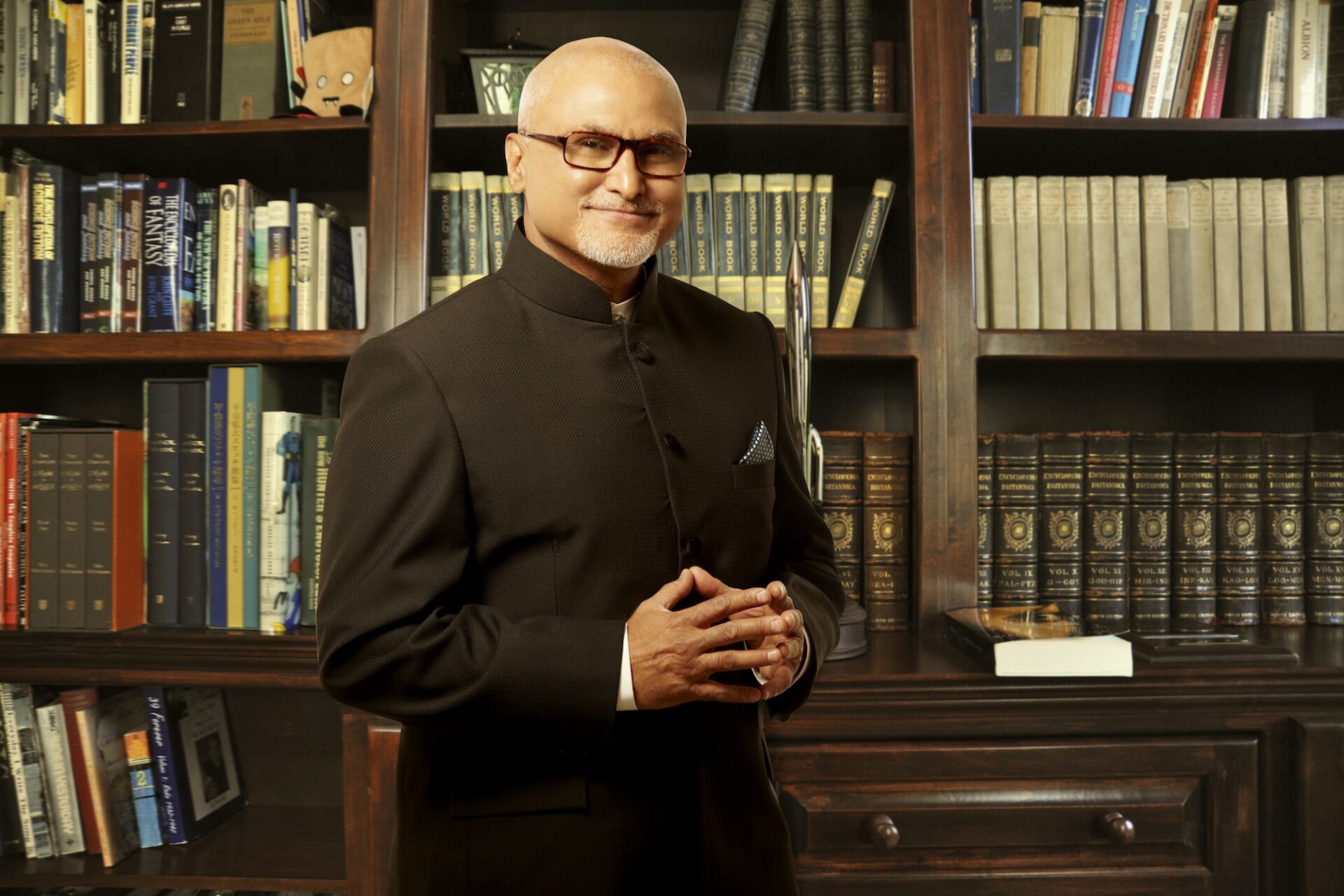
Root Problem!
If you have noticed that a certain negative behaviour in you has not changed over a long period of time,

If you have noticed that a certain negative behaviour in you has not changed over a long period of time,

What kind of memories will you leave for your loved ones? Your loved ones will not remember what you said

Life has a way of disrupting the best-laid plans, and sooner or later you are flung into the whirlwind of

Knowing how to find sense and meaning in challenges, problems and even tragedy is an important skill for anyone. Begin

Exactly 20 years ago today, at 10 AM on the tenth day of the tenth month, I received a phone call that

When you have a stressful matter to deal with, you can procrastinate or meet the challenge head-on. Avoiding to face
We are currently in week 6 of the Ignite Your SPARK: Transformational Leadership Masterclass. During last week’s session, one of
From Knowledge to Knowing: Choosing to Become ‘Witness’ to Life In this 7-part series, we have been selecting excerpts from
Conquering Your Everest: Building Resilience, One Step at a Time In this 7-part series, we have been selecting excerpts from
